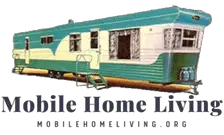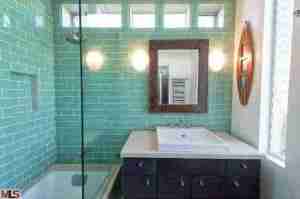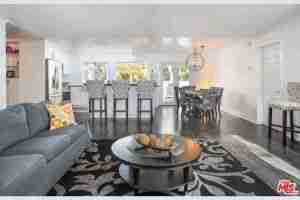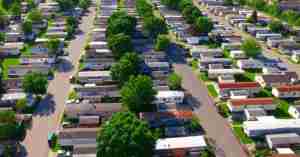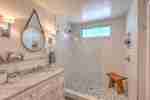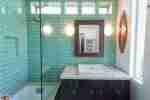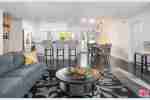Manufactured homes can often present unique challenges when it comes to maximizing energy efficiency due to their construction and design. However, there are plenty of strategies that can help you save money on your energy bills while also doing your part to protect the environment. Today we are sharing with you our top strategies to help you master energy efficiency in your manufactured home. From simple changes in daily habits to more involved home improvement projects, these tips will help you save money and energy while enjoying the comfort of your home.
Conduct an Energy Audit: Assessing Your Home’s Energy Usage
The first step to mastering energy efficiency is to thoroughly examine how energy is being consumed. Start by examining your home’s insulation. Insulation plays a vital role in maintaining a comfortable indoor temperature and reducing energy loss. Check for any gaps, leaks, or inadequate insulation in areas such as walls, ceilings, floors, and windows. Addressing insulation issues can significantly contribute to lowering energy consumption.
Next, take a look at your heating and cooling systems. Older systems may be outdated and inefficient, consuming excessive energy. Consider upgrading to newer, energy-efficient models that meet modern standards. Additionally, ensure that air filters are clean and free of debris, as clogged filters can restrict airflow and strain the system.
Lighting is another aspect to evaluate during the energy audit. Replace traditional incandescent bulbs with energy-efficient LED lights. LED bulbs consume significantly less energy and have a longer lifespan, reducing the frequency of replacements.
Appliances and electronics are often major contributors to energy consumption. Take a look at the energy efficiency ratings of your appliances and consider replacing old, energy-guzzling models with newer, energy-efficient ones. Unplug electronics when not in use, as they still draw power when plugged in, contributing to unnecessary energy usage.
Finally, don’t forget to assess your water usage. Inspect faucets, toilets, and showerheads for any leaks or inefficiencies. Install low-flow fixtures or aerators to reduce water consumption without sacrificing performance. Additionally, consider investing in energy-efficient water heating systems to further optimize your energy usage.

Upgrading to Energy-Efficient Appliances
Upgrading to energy-efficient appliances can have a huge impact on your energy consumption and ultimately help you save on your bills in your manufactured home. Traditional appliances tend to consume a lot more energy compared to their energy-efficient counterparts, which are designed to minimize energy usage without compromising performance.
One of the most energy-consuming appliances in a home is the refrigerator. By replacing your old refrigerator with an energy-efficient model, you can potentially reduce your energy consumption by up to 40%. Energy-efficient refrigerators are designed with advanced insulation, improved compressors, and better temperature control systems, allowing them to use less energy while still keeping your food fresh and cool.
Another appliance that can greatly contribute to energy consumption is the washing machine. Older washing machines can use large amounts of water and energy, especially during the hot water cycle. By upgrading to an energy-efficient washing machine, you can reduce both water and energy usage significantly. These newer models are equipped with features like load sensors, shorter wash cycles, and efficient water heating systems, all of which contribute to lower energy consumption.
When considering upgrades to energy-efficient appliances, it’s essential to look for certifications such as ENERGY STAR. ENERGY STAR-certified appliances meet strict energy efficiency guidelines set by the Environmental Protection Agency (EPA) and can help you achieve significant savings on your energy bills.
Optimizing Your Heating and Cooling
When it comes to optimizing energy efficiency in your manufactured home, one of the key areas to focus on is your heating and cooling systems. These systems can account for a significant portion of your energy bills, so implementing strategies to efficiently control the temperature can lead to substantial savings.
First, consider upgrading to a programmable thermostat. This modern device allows you to set specific temperature schedules throughout the day, ensuring that your heating and cooling systems are not running unnecessarily when you’re not at home or during times when less heating or cooling is required. With a programmable thermostat, you can effortlessly adjust the temperature to suit your comfort needs while also reducing energy waste.
Regular maintenance of your heating and cooling systems is another vital aspect of optimizing energy efficiency. Be sure to clean or replace air filters on a regular basis to ensure proper airflow and prevent dust and debris from obstructing the system. Additionally, schedule annual professional inspections to identify any inefficiencies or potential issues that could be impacting the performance of your systems.
Lastly, consider utilizing natural ventilation methods to reduce reliance on mechanical cooling. Opening windows during cooler evenings or early mornings can allow fresh air to circulate throughout your home, providing a natural cooling effect. Ceiling fans can also help distribute cool air and create a comfortable indoor environment without the need for excessive air conditioning.
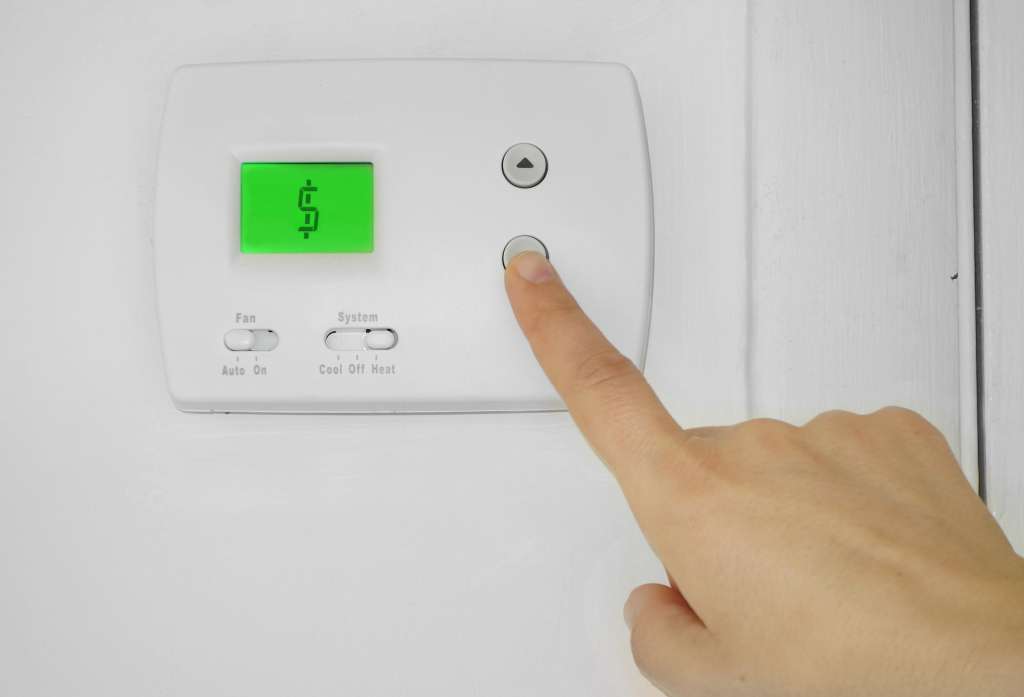
Maximize Daylight and Reduce Electricity Usage
When it comes to energy efficiency in your manufactured home, one of the simplest yet highly effective strategies is utilizing natural light to its fullest potential. Not only does this approach help reduce your electricity usage, but it also creates a bright and inviting living environment.
Maximizing the amount of daylight that enters your home can be achieved through various methods. Start by strategically placing furniture and objects away from windows to allow unobstructed light to flood in. Consider using light-colored curtains or blinds that can be easily opened during the day to let the sunlight in.
If privacy is a concern, there are innovative window films available that allow natural light to pass through while still providing privacy. These films can be easily applied to windows and are a cost-effective way to make the most of daylight.
Another way to enhance natural light is by incorporating reflective surfaces into your home’s interior design. Mirrors, glossy finishes, and light-colored walls can help bounce and distribute light throughout the space, making it feel brighter and more spacious.
Additionally, consider installing skylights or light tubes in areas where natural light is limited, such as hallways or bathrooms. These features allow sunlight to penetrate deeper into your home, reducing the need for artificial lighting during the day.
Harnessing Renewable Energy: Solar Power Options for Manufactured Homes
Harnessing renewable energy, such as solar power, is an excellent strategy to not only save on energy bills but also reduce your carbon footprint. With advancements in technology and the increasing affordability of solar panels, exploring solar power options for your manufactured home is a wise investment.
One of the primary benefits of solar power is its ability to generate clean and sustainable energy. By harnessing the power of the sun, you can reduce your reliance on traditional energy sources, which often contribute to greenhouse gas emissions and environmental degradation. Embracing solar power allows you to contribute to a greener future while enjoying the financial advantages it brings.
Installing solar panels on your manufactured home offers several advantages. First, it provides you with a consistent and reliable source of electricity. As long as the sun is shining, your solar panels will continuously generate electricity, reducing your dependence on the grid. This can lead to substantial savings on your energy bills, especially during peak energy consumption periods.
Plus, solar power systems require minimal maintenance, making them an attractive option for homeowners. Once installed, solar panels generally have a long lifespan, and their durability makes them suitable for various weather conditions. This means you can enjoy the benefits of solar power for years to come without the hassle of frequent repairs or replacements.
Not to mention, many governments and utility companies offer incentives and rebates for homeowners who install solar power systems. These incentives can significantly reduce the upfront costs associated with solar panel installations, making them more accessible and financially viable for homeowners.
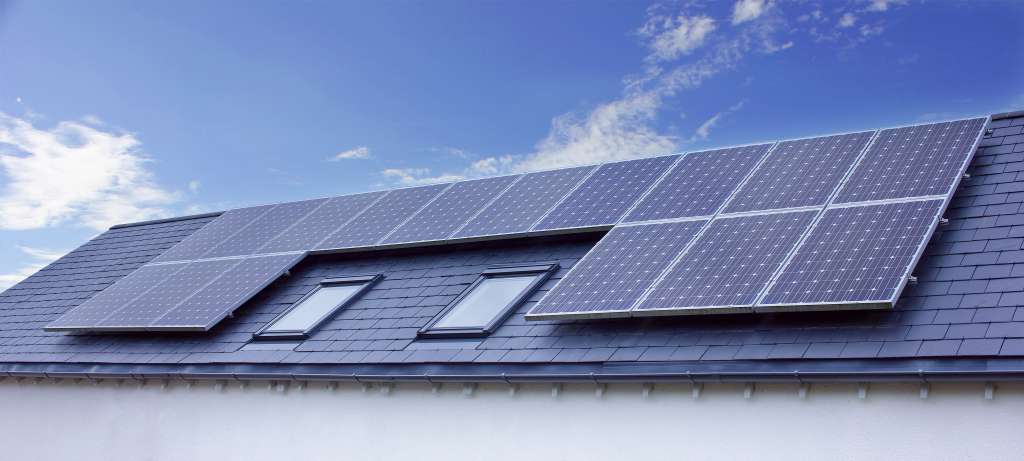
With energy costs rising, it’s important to implement strategies that can help you save on your bills. Hopefully, with the tips we have shared today, you’ll be able to make your home more energy-efficient and reduce your energy consumption. Not only will this keep more money in your pocket, but it will also contribute to a greener environment!
As always, thanks for reading Mobile Home Living®.
